
Lead-in nivolumab before neoadjuvant chemotherapy was not associated with a pathologic complete response (pCR) advantage compared with sequential nivolumab and chemotherapy for patients with early triple-negative breast cancer (TNBC), according to results of the Neo-N trial.
However, the trial tested a 12-week regimen—compared with the current standard of 24 weeks—and showed high rates of pCR, especially in certain subgroups, which may support the use of a shorter duration of this anthracycline-free regimen.
“Our results support that a 12-week non-anthracycline regimen in combination with PD-1 targeted therapy has merit, particularly in patients with high stromal tumor-infiltrating lymphocytes or PD-L1 positive tumors,” study researchers wrote in Lancet Oncology.
The Neo-N trial was an investigator-initiated phase 2 trial that included 124 participants enrolled at 12 hospitals in Australia, 1 in New Zealand, and 1 in Italy. Patients had previously untreated, operable TNBC and were randomly assigned to either nivolumab 240 mg, then 2 weeks later, nivolumab 360 mg and carboplatin every 3 weeks with concurrent paclitaxel 80 mg/m² once per week for 12 weeks (lead-in group) or concurrent nivolumab 360 mg and carboplatin every 3 weeks with paclitaxel 80 mg/m² once per week for 12 weeks, then 240 mg nivolumab 2 weeks later (concurrent group). Median follow-up was 12 months.
The overall rate of pCR was 53%. There was no difference in the pCR rate between the 2 study groups; pCR was 51% for the nivolumab lead-in group compared with 55% for the concurrent treatment group.
A prespecified subgroup analysis showed that among patients with high stromal tumor–infiltrating lymphocytes (TILs; ≥30%), the pCR rate was 67% compared with 46% for those with low stromal TILs. Similarly, the pCR rate was also higher for patients with PD-L1–positive status compared with negative status (71% vs 33%).
Longer follow-up will provide additional data on event-free and overall survival.
Treatment-related adverse events of grade 3-4 occurred in 65% of patients in the lead-in group and 69% of patients in the concurrent group; serious adverse events occurred in 30% and 47%, respectively.
“Confirmation of our findings in further studies might pave the way towards shorter chemoimmunotherapy for patients with early stage immune-enriched triple-negative breast cancer and future trials are warranted to compare this regimen with the current standards of care,” the researchers concluded.
In an accompanying editorial, Anthony Gonçalves and Alexandre de Nonneville, Institut Paoli-Calmettes, Cancer Research Center of Marseille, France, discussed how the regimen established by the KEYNOTE-522 trial—a 24-week and 4-drug polychemotherapy—is the standard of care but “is associated with substantial adverse events, some of which are severe and irreversible.”
The Neo-N trial attempted to determine whether similar results could be reached with only half of the cytotoxic components of the KEYNOTE-522 regimen. Although Gonçalves and de Nonneville noted that the pCR rates in Neo-N were “numerically lower than in KEYNOTE-522,” the higher pCR rates seen in patients with PD-L1–positive or high stromal TIL status “suggest that these biomarker selected patients might be ideal candidates for de-escalated chemoimmunotherapy regimens, even though survival data from Neo-N remain immature.”
“Showing the feasibility of an even more substantial de-escalation of neoadjuvant chemoimmunotherapy, as explored in the Neo-N study, will likely require stringent patient selection criteria, which could include limiting tumor burden to stage I–II or node-negative disease (or both) and incorporating biomarkers of baseline immune activation, DNA damage repair, and genomic signatures,” Gonçalves and de Nonneville wrote. “Additionally, adaptive trial designs incorporating serial imaging techniques and ctDNA based monitoring to dynamically guide treatment might enhance the feasibility of tailored approaches.”
Reference
Zdenkowski N, Kuper-Hommel MJJ, Niman SM et al. Timing of nivolumab with neoadjuvant carboplatin and paclitaxel for early triple-negative breast cancer (BCT1902/IBCSG 61–20; Neo-N): a non-comparative, open-label, randomised, phase 2 trial. The Lancet Oncology 26, no. 3 (March 2025): 367-377.

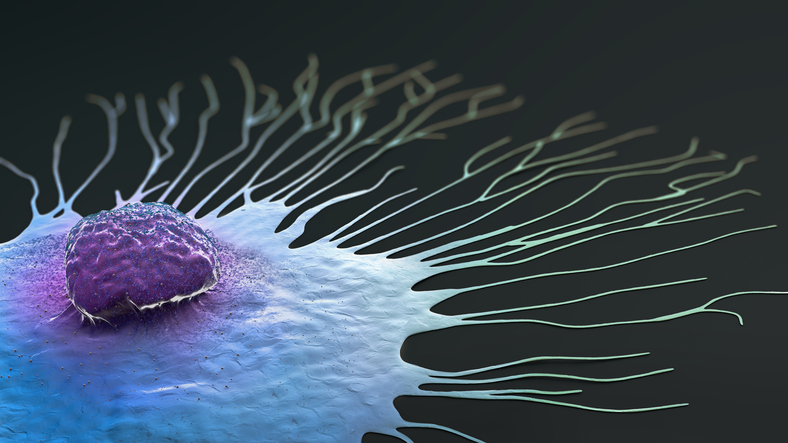
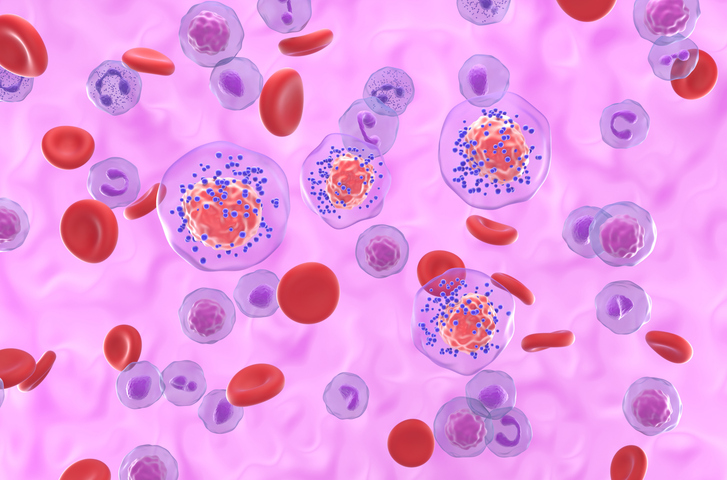
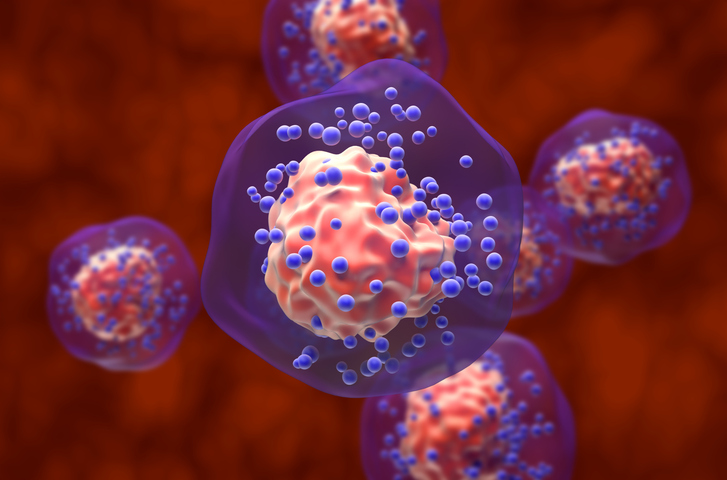
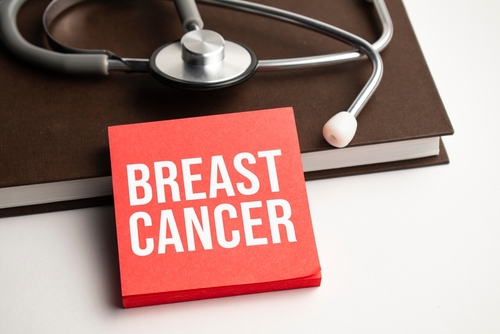
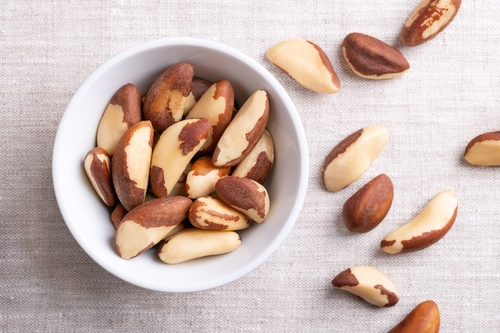

 © 2025 Mashup Media, LLC, a Formedics Property. All Rights Reserved.
© 2025 Mashup Media, LLC, a Formedics Property. All Rights Reserved.